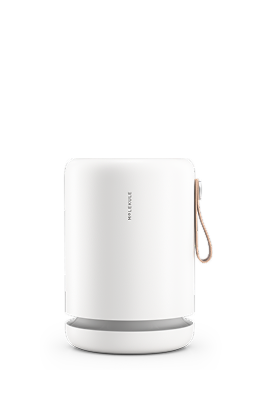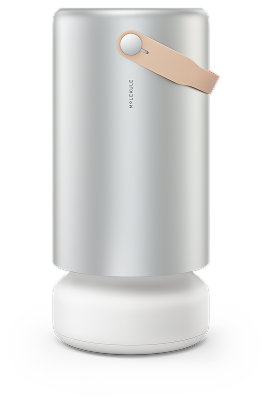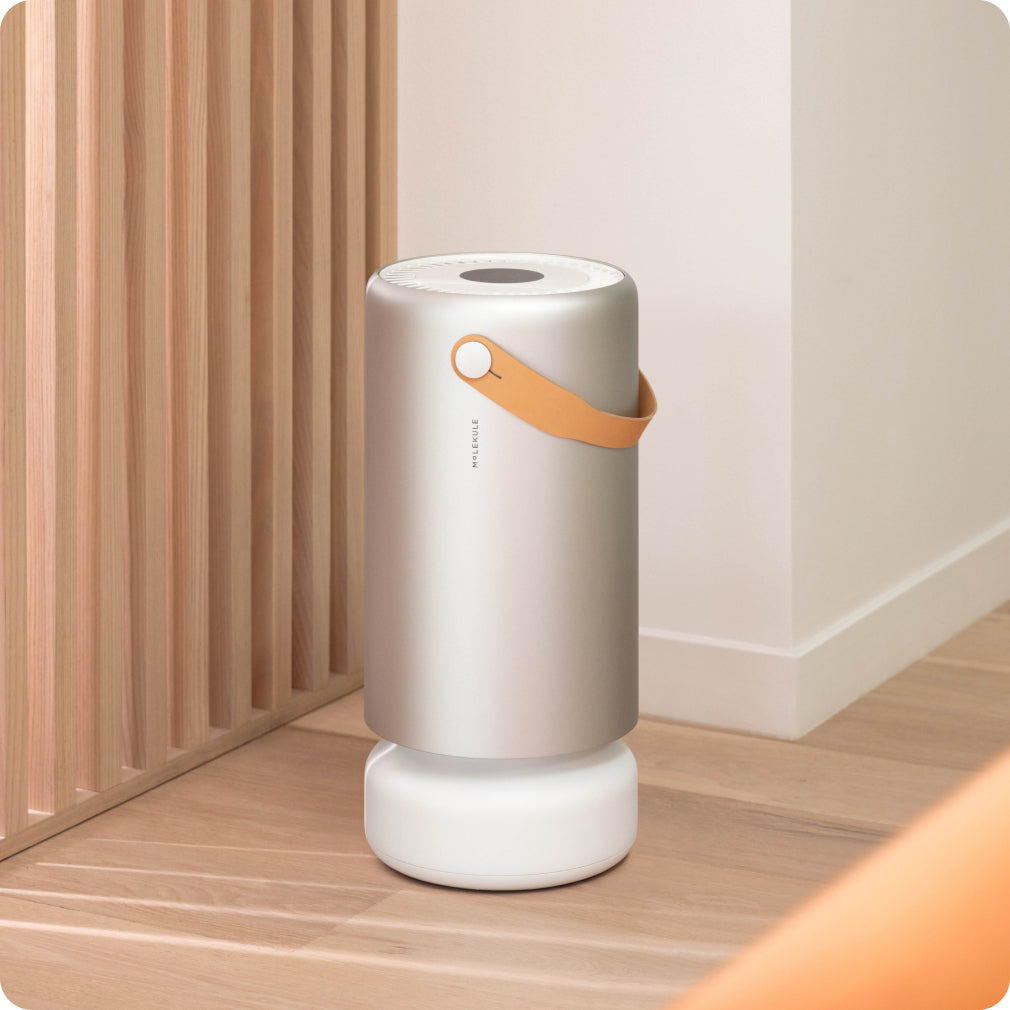About 87 million people in the US bought allergy medication last year, and you may be one of them. Allergy drugs have evolved to offer relief for symptoms like itchy red eyes and nasal congestion. Of course, every medication has side effects and the question is whether the benefits outweigh the costs. Yet when you are faced with taking allergy medicine regularly, it may be time to consider the side effects and which medication has the least.*
A new generation of allergy medicine
If you have suffered from allergies long enough, you may remember older medicines like Benadryl. These types were the only options available until new, over-the-counter (OTC) drugs like Claritin became the go-to solution. Currently, newer allergy medications are generally better tolerated.
Not only that, overall access to these new medications has increased. Drugs like Flonase and Allegra were available by prescription only, until they made the switch and were offered over-the-counter within the last few years.
You may take one or a couple of these over-the-counter (OTC) allergy medicines (as described by the US National Library of Medicine) to cope with seasonal allergy symptoms:
- Antihistamines – Your immune system produces a chemical called histamine when you breathe in an allergen like pollen. This chemical release can produce symptoms like nasal congestion. An antihistamine like Claritin or Benadryl is designed to block histamine from being released.
- Nasal corticosteroid sprays – Corticosteroids are designed to relieve the swelling inside the mucous membranes of the nose. These nasal spray medicines are often recommended first as a treatment of allergy symptoms.
- Decongestants – These medicines are designed to relieve nasal congestion, and come in spray or pill form. They are not recommended to be used for more than a few days.
Some people may choose to take allergy shots from their physician. You may have heard of allergy shots, a form of immunotherapy. This is when small amounts of the allergen (e.g., pollen) are injected into the body, gradually increasing in dosing size. This is designed to build up a tolerance to the allergen. Please note that allergy shots should not be used to treat food allergies, because of possible severe reaction.
OTC Allergy medicine designed for the least side effects
Antihistamines
Antihistamines are one type of allergy medicine that have changed significantly over the years, particularly as more options have become available over-the-counter (OTC). Older antihistamines like Benadryl come with a major side effect of drowsiness and could possibly interfere with operating heavy machinery like a car. Newer formulations are designed to have less of a sedative effect.
Though the newer generation of antihistamines has improved, here are some of the side effects that people may still experience (though not limited to):
- Headache
- Tiredness
- Dizziness
- Dry mouth
- Vision changes
- Excitability/nervousness
Nasal corticosteroids
If springtime means a runny or stuffy nose or sneezing, then your doctor may recommend a nasal spray like fluticasone (brand name is Flonase). These allergy drugs are often recommended first for patients with seasonal allergies. There are certain precautions and methods to using these medications–please ask your doctor about how to use them.
There are side effects of corticosteroid nasal sprays that you could discuss with your physician, including:
- Nosebleeds
- Stinging in the nose
- Dryness of the nose
- Nausea
- Dizziness
There are also more serious side effects of nasal corticosteroids that could include (please see link for a complete list):
- Vision problems
- Severe face pain
- Difficulty breathing
- Swelling of the face, throat, tongue
According to the Mayo Clinic, all of the nasal corticosteroids are very similar, and so the side effects listed above could actually occur with any of them. If you or a family member has severe symptoms after taking any allergy medicine, please call your doctor or seek emergency medical care promptly.
Decongestants
Decongestants are allergy medications made to make it easier for you to breathe through your nose, though they should be not be used long-term. These medicines can be found in pill or spray form and are sometimes used in addition to an antihistamine. They work by reducing swelling in the nasal passageways and sinuses; however, after a few days, they could cause your nasal congestion to get worse. They are not recommended for more than 5 to 7 days.
Some side effects of decongestants could include (please see link for complete list):
- Restlessness
- Nausea
- Vomiting
- Weakness
- Headache
Other more serious side effects of decongestants could include, but are not limited to:
- Nervousness
- Dizziness
- Stomach pain
- Difficulty breathing
Side effects of allergy medicine could be worrisome for children
The FDA cautions that even if an allergy medicine is intended for children, it should not be thought as safe for children of all ages. Please consult a medical professional for advice. If you decide to give your child a particular allergy medicine, please note that these medications can affect children differently than adults. Medications like antihistamines can cause side effects like excessive drowsiness or excitability even at low doses for children, who are more sensitive than adults to many medicines. Please be aware that decongestants can cause dangerous side effects in children.
Other ways to deal with allergy symptoms
If you would like to reduce your chance of side effects of allergy medicine, one way is to pursue additional approaches for your symptoms. This generally means taking a preventive approach and avoiding the allergens themselves. This may seem impossible in the case of pollen, which is everywhere during allergy season, but there are steps you can take to avoid allergy triggers and potentially reduce your allergy medication. Some of these steps include minimizing the amount of pollen carried indoors and reducing dust levels (dust can carry quite a few allergens). You can also try avoiding certain times of the day when pollen counts are highest or use an air purifier to remove airborne allergens. The Molekule air purifier has been shown to reduce allergy symptoms and can be used as part of a preventive approach.
You may be one of the 9 out of 10 Americans with seasonal allergies who take over-the-counter (OTC) allergy medicine. You may also have year-round allergies that are treated with some form of allergy medication, whether from your doctor or the drugstore. Ultimately, many people know about the benefits of allergy medication. Yet if you are experiencing bothersome side effects, it is best to consult your doctor and consider preventive steps as well.
*Medical Information Disclaimer: This article is for informational purposes only and should not be used as a substitute for medical advice.







